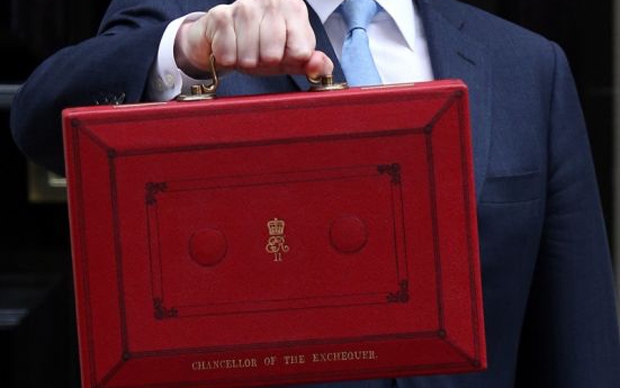Here’s a digest of the main measures from Chancellor Phillip Hammond’s 62-minute Autumn Budget 2017.
Record numbers in work
Rising employment has seen 32 million people find work, leaving 1.4 million unemployed.
Fewer people are jobless than at any time since 1975.
Economic growth is stalling
The economy is expanding, but at a stubbornly slow rate, which has led to the government forecasting a slowdown over the next two years.
Growth is predicted at 1.5% this year, slipping to 1.3% in the next three years before picking up again in 2021.
Inflation has hit a peak
The cost of living is rising at 3% a year, where it is expected to peak around Christmas, falling back towards the Bank of England target of 2% in 2018.
Borrowing is falling
In 2009, Britain borrowed £1 for every £4 spent during the year. Last year, the figure was 31 for every £16 spent.
The national debt is still a massive £1.7 trillion, which converts to £65,000 for everyone of the country’s 22 million homes.
First time buyer stamp duty abolished
Well almost. First time buyers will not pay stamp duty on home purchases of up to £300,000, providing the home costs £500,000 or less.
The Chancellor says 80% of first time buyers will pay nothing, saving them an average of £1,660 when they buy a home.
Earn more before paying tax
Workers can earn £11,850 a year before paying tax from April 6, 2018 – this leaves a typical taxpayer £1,075 a year better off than they were in 2010.
More help for house builders
House building was the main thrust of the Budget.
£15.3 billion of new money will be added to a pot of £29 billion set aside to boost construction to a target of 300,000 homes a year by 2025.
Five new garden towns will be built, with considerable investment in the Oxford/Cambridge/Milton Keynes triangle.
Planning system changes are on the way to pinpoint where more homes could be built,” said Hammond.
“There is a significant gap between the number of planning permissions granted and the number of homes built. In London alone, there are 270,000 residential planning permissions unbuilt.
“We need to understand why, so I am establishing an urgent Review to look at the gap between planning permissions and housing starts.”
